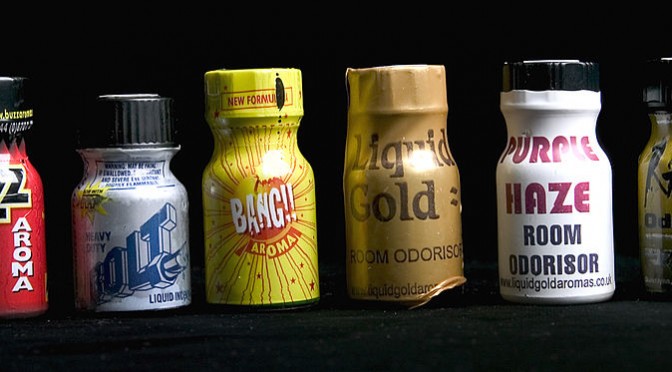In September 2011, a man accessed a legal gay porn site from a hotel room’s computer. A subsequent guest saw the site listed in the browser history and (for reasons best known to herself) complained to the hotel management. Six months later, the man was arrested and his computer seized. Police later charged him with making indecent images of children and possession of an image of a child being abused.
This week, the charges were dropped. The images were all found to come from legal web sites and were of young-looking men, but not of children. What is truly bizarre is that the police had not bothered to carry out the most basic checks on their evidence before presenting the case to the Crown Prosecution Service (CPS). Neither had the CPS questioned the poor state of the evidence before deciding to take the case to court. Meanwhile, a man had been publicly linked to child abuse – a slur that ruins lives, whether or not it has any substance.
The case collapsed because the man’s lawyer, Myles Jackman, carried out the basic evidence-checking that the authorities had failed to do, and found that the images came from a site that had retained model identification information under America’s USC 2257 law. Even when he presented this evidence to the CPS, they failed to drop charges for several more months. After two years of having his name dragged through the mud (during which time his father died, never seeing the outcome of the case), the man was exonerated.
Jackman believes there is strong evidence that the CPS uses its powers to persecute gay men. The same appears to apply to the police. Indeed, after homosexuality was legalised, the police continued to raid gay venues, using the Obscene Publications Act (OPA) rather than the previous laws that had allowed them to directly target homosexuals.
In the infamous Spanner case of 1987, police prosecuted gay men who had videoed their sadomasochistic parties. Although their acts all took place in private, and between consenting adults, they were convicted of causing wounding and actual bodily harm; the judge ruled that a person had no right to consent be assaulted (although this ruling doesn’t seem to apply in TV shows like Jackass, which are deemed suitable for UK TV broadcast).
In the 2012 Michael Peacock case, another gay man was prosecuted, this time under the OPA, for distributing “obscene” gay S&M videos. OPA prosecutions usually result in a guilty plea to avoid the publicity and cost of a trial, but Peacock chose to defend himself (Jackman was his solicitor), and was found not guilty by a jury, in a decision that left the very basis of UK obscenity law in tatters.
Also in 2012, Simon Walsh (who is, you might have guessed, a gay man) was charged under the ridiculous 2008 “extreme porn” law, for possession of images of sex between consenting gay men; again, he was found not guilty, but only at the cost of his career and at huge personal expense.
The state, it appears, has not yet accepted that homosexuality is legal. Furthermore, the existence of a series of badly written censorship laws has given the police and CPS the power to harass people at will, whether for homophobic or other reasons. Laws drafted to protect children from abuse, and to “protect” the public from obscene material (whether or not the public needs or wants such protection) are used as tools of persecution.
The original British censorship law, the OPA, seems to serve no useful purpose. Denmark scrapped its obscenity laws in 1969, yet Danish society failed to collapse. But in recent decades, an endless stream of new censorship laws have been added to the statute books, most of them more illiberal than the OPA, which at least allows the accused to request a trial by jury.
Somehow, most democracies survive without the weight of state censorship power that the British authorities have at their disposal. Indeed, some of these laws would be unconstitutional in the United States. Perhaps it is time to join the dots: Spanner, Peacock, Walsh, as well as this week’s events, as well as many others. Censorship appears to gain us nothing as a society, but it erodes the rights of law-abiding citizens, and especially those of sexual minorities.
